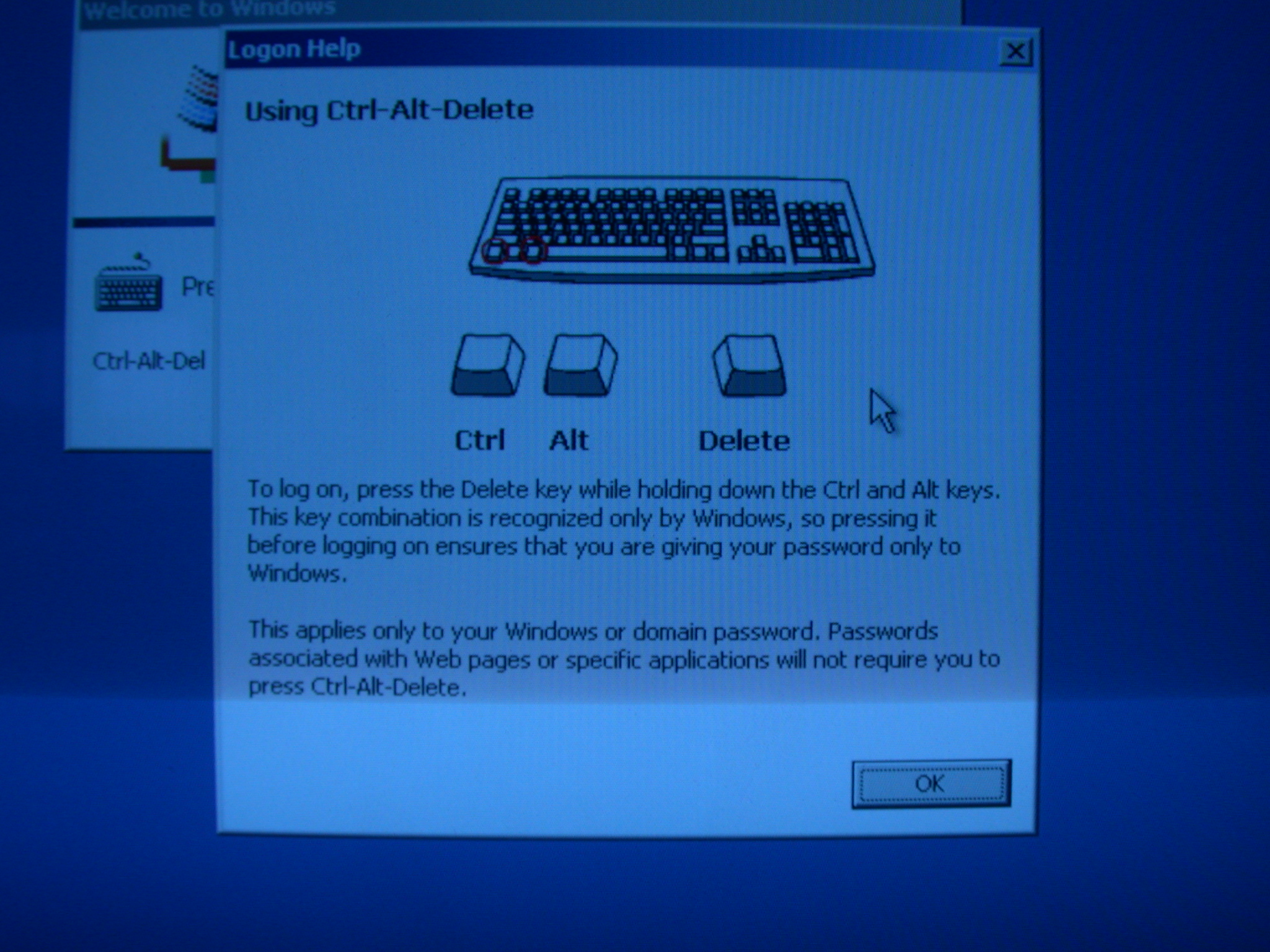칭찬 | FTC On Guard Online: Understanding Phishing Scams Through an Interacti…
페이지 정보
작성자 Stephanie 작성일25-05-01 17:38 조회85회 댓글0건본문
In an increasingly digital world, the prevalence of phishing scams has become a significant concern for consumers and organizations alike. These schemes often trick individuals into providing sensitive information, such as passwords and credit card details, by masquerading as trustworthy entities. To combat this growing threat, the Federal Trade Commission (FTC) has developed an engaging tool known as "On Guard Online." This initiative not only educates users about various online threats but also takes an innovative step by incorporating a game that simulates encounters with phishing scams. Observational research into this game reveals critical insights into user engagement, educational efficacy, and the broader implications for online safety education.
On Guard Online's phishing scams game allows participants to immerse themselves in a series of simulated scenarios that mimetically represent real-life phishing attempts. Throughout the game, players encounter various emails, pop-up notifications, and dubious links mirroring those used by actual scammers. The player must identify key indicators of phishing, such as unusual requests for personal information or urgent calls to action, GOOGLE DELETE PHISING helping them sharpen their instincts against deceptive online practices.
 Analyzing user behavior during gameplay presents an array of fascinating insights. Initial observations indicate a dynamic interaction between players and the presented scenarios, particularly regarding decision-making processes. Many players exhibited hesitance when faced with ambiguous content, demonstrating that even a slight level of uncertainty can cause doubt. Some players instinctively clicked on phishing links despite being aware of the game’s educational purpose, suggesting that the adrenaline of a real-life scenario significantly affects decision-making far beyond theoretical knowledge of phishing.
Analyzing user behavior during gameplay presents an array of fascinating insights. Initial observations indicate a dynamic interaction between players and the presented scenarios, particularly regarding decision-making processes. Many players exhibited hesitance when faced with ambiguous content, demonstrating that even a slight level of uncertainty can cause doubt. Some players instinctively clicked on phishing links despite being aware of the game’s educational purpose, suggesting that the adrenaline of a real-life scenario significantly affects decision-making far beyond theoretical knowledge of phishing.Furthermore, players often relied heavily on experience and gut feelings, rather than employing critical analysis, when determining the legitimacy of scenarios. Observations revealed that many sought external validation through trial and error, repeatedly restarting levels after learning from their mistakes. This underscores a fundamental aspect of learning: experiential engagement can reinforce knowledge retention more effectively than passive education alone. The interplay of emotional engagement—excitement, curiosity, and even anxiety—appeared to deepen their understanding of phishing tactics.
Another illuminating observation pertains to the role of narrative in enhancing learning outcomes. The game’s use of storytelling elements, including relatable protagonists and challenging scenarios, successfully captured player interest and encouraged continued participation. Players frequently articulated a stronger connection to the material being presented as they navigated a storyline intertwined with phishing concepts. The presence of a narrative not only enhances enjoyment but also provides context that can gaps in accessibility must be addressed to ensure comprehensive outreach.
As phishing scams become increasingly sophisticated, innovative educational initiatives like the FTC's On Guard Online offer a promising avenue for combatting online threats. The insights garnered through observational research affirm that combining element of gamification with serious educational content can effectively equip users to recognize and mitigate potential scams. Future studies might explore the long-term retention of knowledge gained from gameplay and how it influences users’ real-world online behavior.
In conclusion, the FTC’s On Guard Online phishing scams game serves as a valuable tool not only in raising awareness about online threats but also in preparing individuals to navigate these dangers confidently. By reflecting on user behaviors, decisions, and emotional responses during gameplay, we gain a deeper understanding of both the educational potential and areas for improvement in combating phishing scams through active engagement and experiential learning.
추천 0 비추천 0
댓글목록
등록된 댓글이 없습니다.

